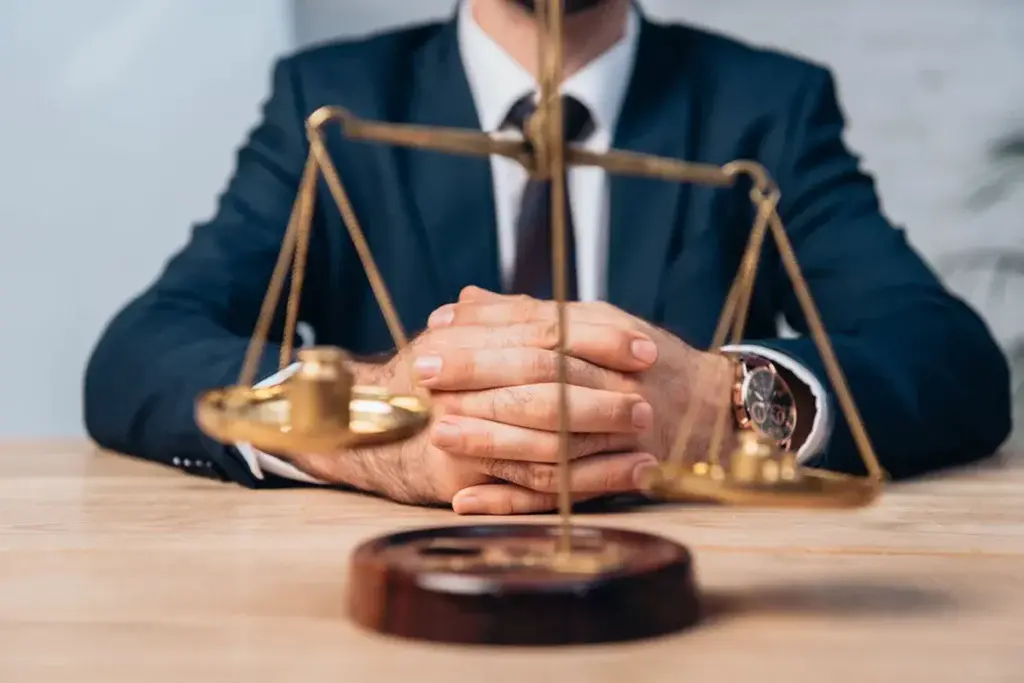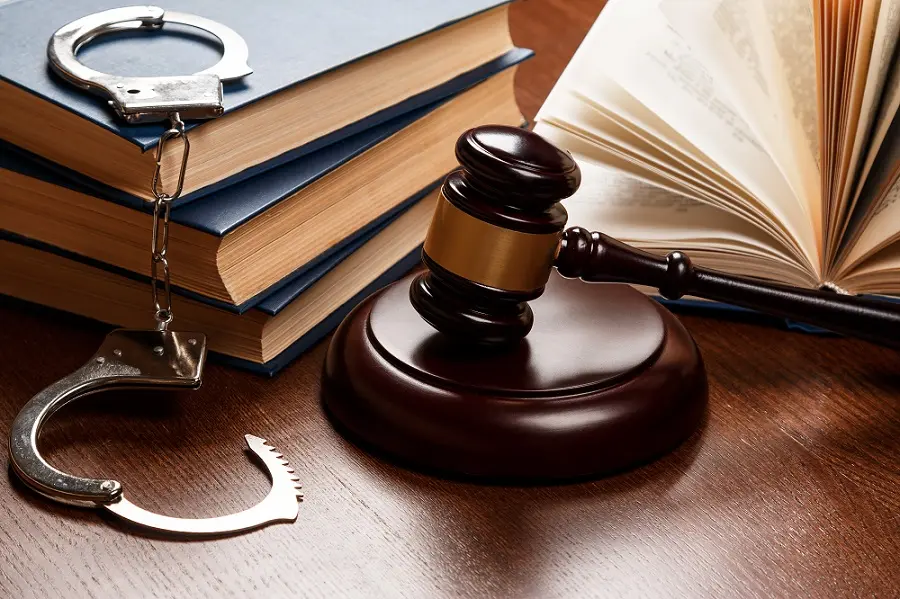
When facing a serious charge like robbery, it’s essential to understand the role of a defense lawyer. A skilled robbery lawyer can make a significant difference in the outcome of your case. Here’s how they can assist you throughout the process.
Understanding Robbery Charges
Robbery is defined as taking someone else's property through the use of force or intimidation. It is categorized as a violent crime, which can lead to severe penalties, including lengthy prison sentences. The nature of robbery charges can vary widely, from simple theft to armed robbery, each carrying different degrees of severity.
When you are charged with robbery, the prosecution must prove several elements beyond a reasonable doubt, including:
- The unlawful taking of property
- The intent to permanently deprive the owner of that property
- The use of force or intimidation
Given the gravity of these charges, having a competent robbery lawyer is crucial for your defense.
How a Defense Lawyer Can Help
A robbery lawyer plays multiple roles in defending you against robbery charges. Here are some key ways they can assist:
1. Legal Expertise
Robbery laws can be complex and vary by state. A defense lawyer has in-depth knowledge of the legal system and can navigate through the intricacies of your case. They will analyze the evidence against you and develop a strategy tailored to your situation.
2. Investigation of Evidence
Your lawyer will thoroughly investigate the circumstances surrounding the robbery charge. This includes gathering evidence, interviewing witnesses, and reviewing police reports. A detailed examination of the prosecution's evidence can often reveal weaknesses in their case.
3. Building a Defense Strategy
Every robbery case is unique, and a skilled robbery lawyer will craft a defense strategy that suits your specific situation. Possible defenses may include:
- False accusations
- Lack of intent
- Insufficient evidence
- Alibi defenses
Your lawyer will determine the most effective approach based on the details of your case.
4. Negotiating Plea Deals
In some cases, it might be in your best interest to negotiate a plea deal with the prosecution. A proficient robbery lawyer can negotiate on your behalf, aiming for a reduced sentence or lesser charges. This can be particularly beneficial if the evidence against you is strong, as it may help you avoid a lengthy trial and potential harsher penalties.
5. Representation in Court
If your case goes to trial, having a dedicated robbery lawyer by your side is vital. They will represent you in court, presenting your defense, cross-examining witnesses, and challenging the prosecution’s case. Their experience in the courtroom can greatly influence the jury's perception and the overall outcome of the trial.
6. Emotional Support and Guidance
Facing robbery charges can be an incredibly stressful experience. A good defense lawyer not only provides legal representation but also emotional support throughout the process. They will guide you through each step, ensuring you understand your rights and options.
7. Understanding Sentencing and Consequences
Robbery charges can lead to severe consequences, including imprisonment, fines, and a criminal record. A robbery lawyer can help you understand the potential outcomes and what to expect if convicted. They will work tirelessly to minimize these consequences through effective representation and negotiation.
Chart: Key Roles of a Robbery Lawyer
| Role | Description |
|---|---|
| Legal Expertise | Knowledge of robbery laws and legal system. |
| Evidence Investigation | Thorough examination of evidence and witness statements. |
| Defense Strategy | Crafting a tailored defense based on the case specifics. |
| Plea Negotiation | Negotiating favorable plea deals when appropriate. |
| Court Representation | Representing you in court during trial proceedings. |
| Emotional Support | Providing guidance and support throughout the process. |
| Understanding Consequences | Helping you navigate potential outcomes and penalties. |
Conclusion
If you find yourself facing robbery charges, the importance of hiring a qualified robbery lawyer cannot be overstated. They will advocate for your rights, work to build a strong defense, and help you navigate the complexities of the legal system. Don’t face these serious charges alone; seek the assistance of a knowledgeable attorney to protect your future.






